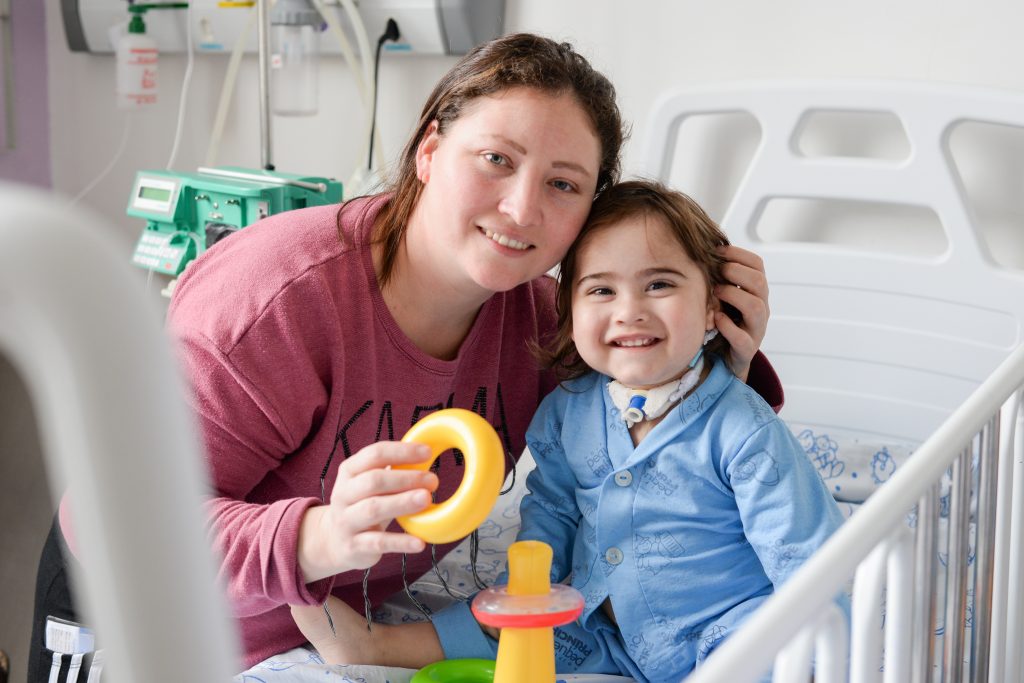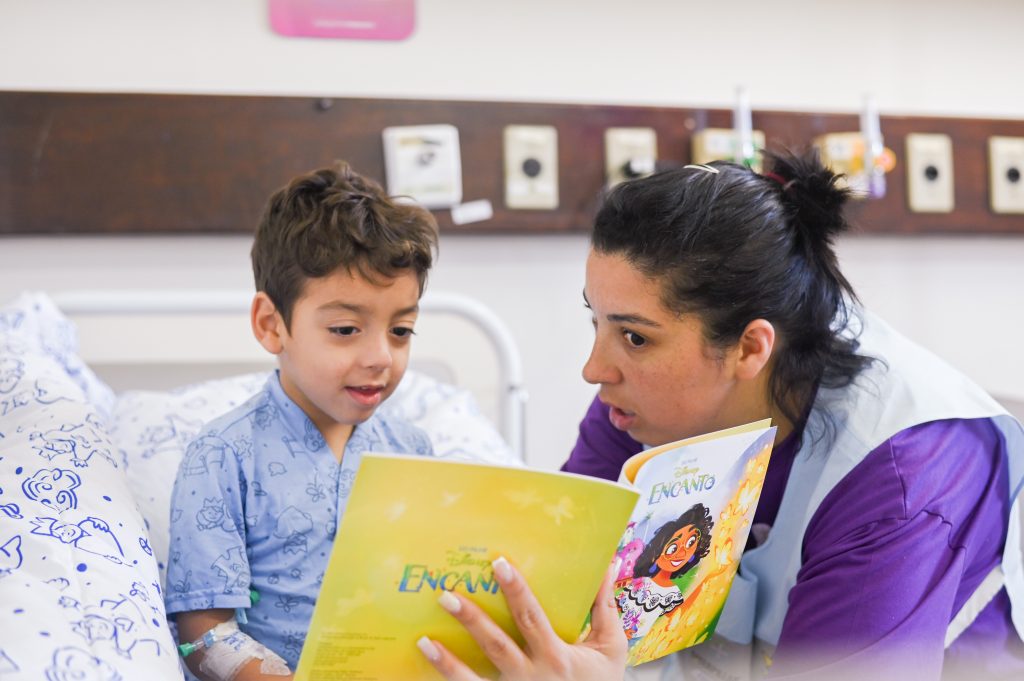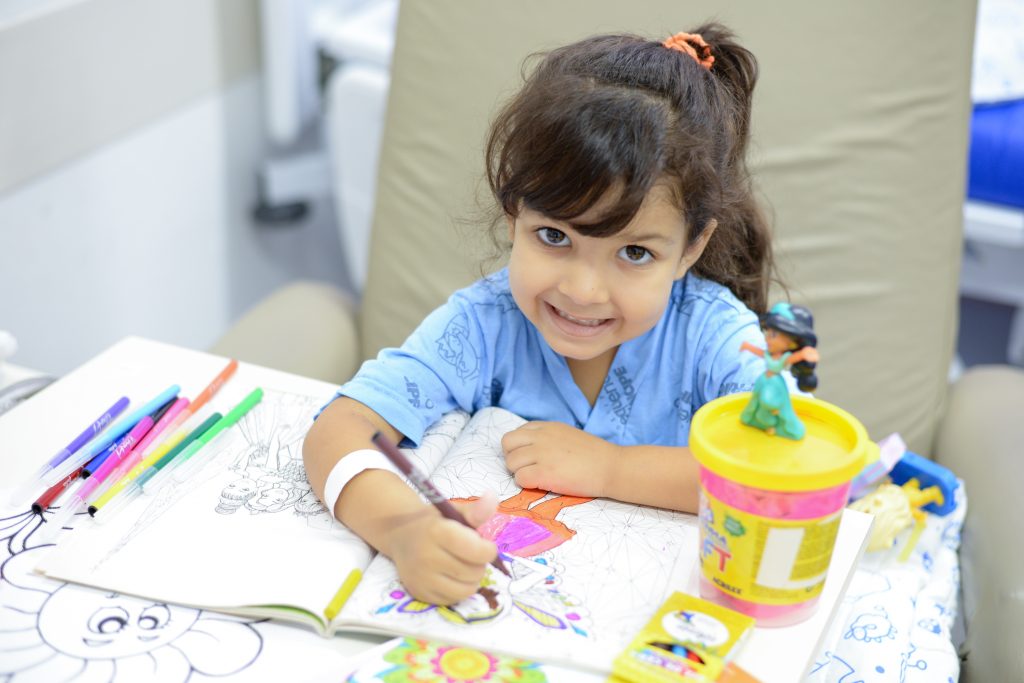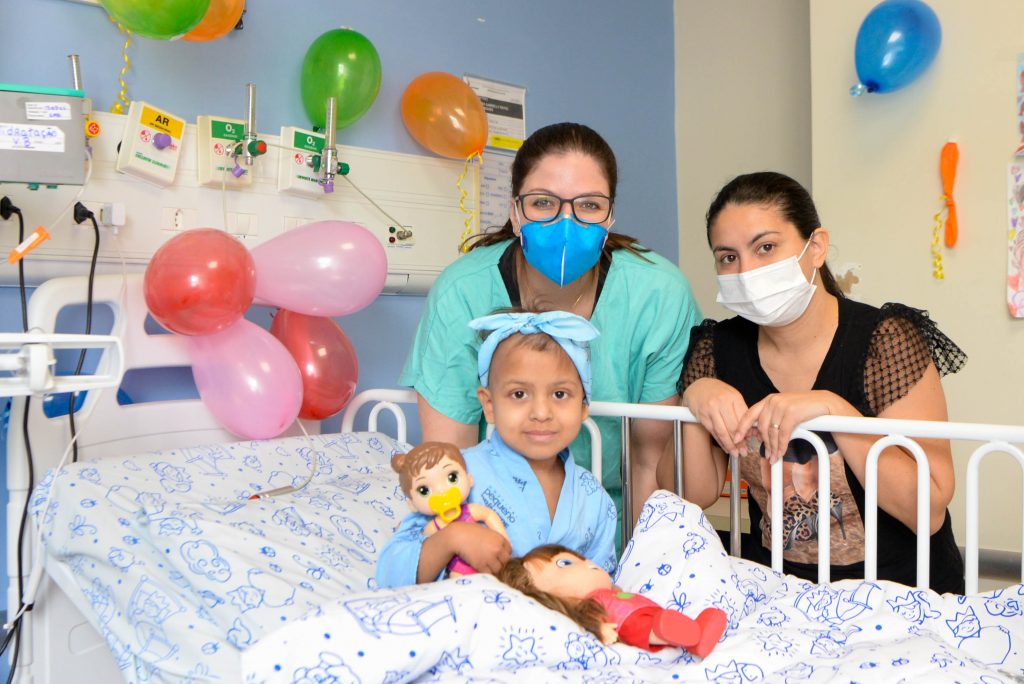ECA and SUS (Brazilian Public Health System) complement each other to guarantee the rights of children and adolescents
Born in the same year, laws are intertwined in their commitment to protect, promote, and guarantee the rights and well-being of boys and girls

The Child and Adolescent Statute (ECA, abbreviation in Portuguese) will complete 33 years on the 13th of July. And in a little while, on September 19, it will be celebrated the anniversary of the law that established the Brazilian Public Health System (SUS, also in Portuguese). Born in 1990, the two laws are fundamental pillars for social well-being and the protection of the rights of boys and girls in Brazil, with emphasis on health and life.
The ECA establishes the fundamental rights of children and adolescents, such as the right to life, health, education, culture, sport, leisure, family and community life, professionalization and protection at work, freedom, respect, and dignity. As a result of the onset of the Statute, Brazilian children and adolescents came to be considered right-holders, with access to full protection.
“The ECA brought greater legal certainty and contributed to the organization of the Child Rights Guarantee System and to the reorientation of public policies, producing many achievements. Just as the Brazilian Constitution [from 1988] established a new way of organizing ourselves as a society, the ECA is the expression of the commitment to protect children and adolescents, promoting their rights and recognizing them as right-holders”, emphasizes the executive director of Pequeno Príncipe Hospital, Ety Cristina Forte Carneiro.
The SUS, in its turn, also promotes social justice, guaranteeing universal access to health services, including preventive, curative and rehabilitation care. It is based on the principles of universality, equity, and comprehensiveness, ensuring that health services are available to all citizens, regardless of their social status. It is the largest public health system in the world, assisting around 190 million people. According to the Brazilian Institute of Geography and Statistics (IBGE, abbreviation in Portuguese), 31.5 million Brazilian children and adolescents, that is, more than 80% of the population in this age group, used the Brazilian Public Health System in 2022.

ECA and SUS (Brazilian Public Health System) at Pequeno Príncipe Hospital
Pequeno Príncipe, the largest exclusively pediatric hospital in Brazil, has a convergence of principles with the ECA and the Brazilian Public Health System and, in its practice, demonstrates the power of these two legislations to transform lives when implemented together. A pioneer in recognizing children as unique beings who need and deserve specialized and comprehensive care, Pequeno Príncipe was born to serve this population. The concern in offering specialized care to this age group was such that, within the institution, the Paraná Society of Pediatrics was born, and countless generations of physicians were and still are trained by it.
Offering care in 35 medical specialties, the institution is the most complete in the country in specialized and highly complex treatments in childhood and adolescence. The structure is completed with 24 diagnostic and treatment support services.
Since the beginning of its operations, the Hospital realized that it was necessary to go beyond health. Still in the 1930s, it implemented actions to guide mothers in the care of children. Over the years and with the evolvement of society regarding childhood issues, the Hospital has been refining its actions to guarantee other rights.
Today, about 60% of care is provided by the Brazilian Public Health System, guaranteeing quality health and other rights to these children. “We believe that rights are not privileges and we work to ensure the rights of all children, including their families,” highlights Ety.

Guarantee of rights in Pequeno Príncipe
Get to know the actions and programs to guarantee of rights at the Pequeno Príncipe:
- right to education: school monitoring and cultural activities by the Education and Culture Sector;
- access to culture and leisure: playful volunteer activities and cultural events for patients and family members;
- access to family and community coexistence: Participating Family Program – pioneer, the program guarantees the continued presence of a companion during the period of hospitalization;
- right to freedom, respect, and dignity: Support House, allowing treatment for families unable to pay for accommodation in Curitiba; support in cases of death; social benefits for families; and other initiatives, such as booklets and posts on social networks with tips on caring for children’s health;
- prevention of violence: Campaign For Life – Violence Cannot Mark the Future of Children.

Challenges still faced
Despite the great advances provided by the ECA in the lives of Brazilian children and adolescents who were strengthened in the health area with the creation of the SUS (Brazilian Public Health System), there are still a great number of challenges to overcome, which were aggravated by the years of the COVID-19 pandemic.
In access to education, for example, experts estimate that there was a setback of about ten years due to the pandemic. Violence rates increased and indicators related to the mental health of boys and girls deteriorated considerably due to the health crisis. Vaccination coverage rates showed a sharp drop, threatening the health and lives of Brazilian children.
Specifically in healthcare, the technical director of the Pequeno Príncipe Hospital, Donizetti Dimer Giamberardino Filho, estimates that the Public Health System should provide a hospital the size of Pequeno Príncipe for every five millions to ten millions people. Such estimate follows the logic of georeferencing, to assist with quality all Brazilian children who need care. However, Pequeno Príncipe is the only institution with these characteristics in Brazil.
Thelma Alves de Oliveira, adviser to the management of Pequeno Príncipe Hospital and former secretary of state for children and youth, also notes that it is imperative to put the law into practice in all possible dimensions, especially in the concept of full protection. “The State fails in not fulfilling what is established by the law for the children [school, health, sport, culture …], some families fail in [not providing the necessary protection, and many times being the aggressor agent], society fails by treating the children as criminals, who instead of being seen as victims of a system that does not offer the guarantee of rights, are considered guilty for things they have no responsibility for. ECA’s anniversary exists to remember all of this, both the achievements and the challenges,” she restates.
More
Project investigates inborn errors of immunity in hospitalized children
In addition to expanding the number of diagnoses, offering patients a referral to the correct treatment, the project can contribute to the discovery of new diseases
Pequeno Príncipe receives award at the Brazilian Conference of Hospital Pharmacy
The recognized work highlights the Hospital’s role in micro-costing hospitalized patients with suspected intracranial hypertension
Transplants performed by Pequeno Príncipe Hospital transform lives
June 6 is World Transplant Day; 275 children and adolescents had their lives transformed at the Hospital in 2022 as a result of these procedures









